Climate change and nature loss challenge vocational education to all-encompassing green transition, strengthening of sustainable handprint as well as reducing carbon footprint. In Finland, vocational education institutions have been working on sustainable development for a long time, but common program work and the standardization of sustainability solutions has been lacking. Satakunta Educational Federation Sataedu will be coordinating a project in which a national road map to sustainability solutions in Finnish vocational education is made. Together with a broad network we got funding for VASKI – Responsible and sustainable vocational education project for the years 2022–2023. The project involves 61 vocational education institutions of which six institutions form the coordinator group for the project.
The national sustainable road map work and the support for education providers’ program work consists of the following themes: management protocols and operational culture, pedagogigal solutions and learning environments, development of competence, development of regions and working life, measuring and monitoring carbon footprint.
The best practices pertaining to management protocols and operational culture in sustainable development are collected from the educational institutions to the road map. In behaviour, structures and mental models change is necessary. Responsibility needs to be visible in the values, strategy and everyday choices of an educational institution. A vocational education institution should be an active operator in its neighbourhood. The operational culture needs to be communal, relevant and uphold hope for a better future. In addition, pedagogical solutions and learning environments which support students’ sustainable development competence are developed. Currently acquiring sustainable development competence is easily left separate and superficial in vocational qualifications, and during the project a study path for sustainable development is created for the student. This study path includes the phenomena of the theme (e.g. nature loss and climate change) and solutions such as circular economy. Competence is integrated in the vocational sector’s studies and competence is acquired in various sustainable development learning environments such as online and work places.
The environmental sustainability actions of working life are linked more and more tightly to the competitiveness of companies and this requires new sustainability competence from organisations. In the project the sustainability competence of working life is increased on various levels (employees, supervisors, management) and the understanding of sustainability is strengthened. This indirectly increases the regions’ ability to change. The students bring awareness of sustainability to working life as well. Reinforcing the staff competence in vocational institutions is a key part of sustainability work. During this project a model for evaluating the sustainability competence as well as a model for creating and monitoring sustainability plan are made.
One of the goals of the VASKI-project is to develop the measuring, monitoring and reporting of the carbon footprint in vocational education. A common basis for calculating the carbon footprint is defined in the project and a tool for producing comparable data is chosen. In addition, this project promotes defining institution-specific, concrete actions to reduce carbon footprint. During the project the vocational education providers are offered expert support for the sustainable development program work. The support for vocational education providers is offered with the help of workshops, peer learning webinars, and VET institution-specific support.
The main result of the VASKI-project is the sustainability road map to Finnish vocational education and training. The sustainability solutions formed in accordance with the aforementioned themes are collected in the road map in an interactive and gamified form. The results will become a part of the students’ learning, learning environments and the educational institution’s methods of operation. Clear communication is central to this work, because with clear communication the spread of sustainability solutions and the creation of the VET institutions’ sustainability programs are supported. The VASKI-project is an ambitious, broad network project and the main goal is change. A change towards more responsible and sustainable vocational education.
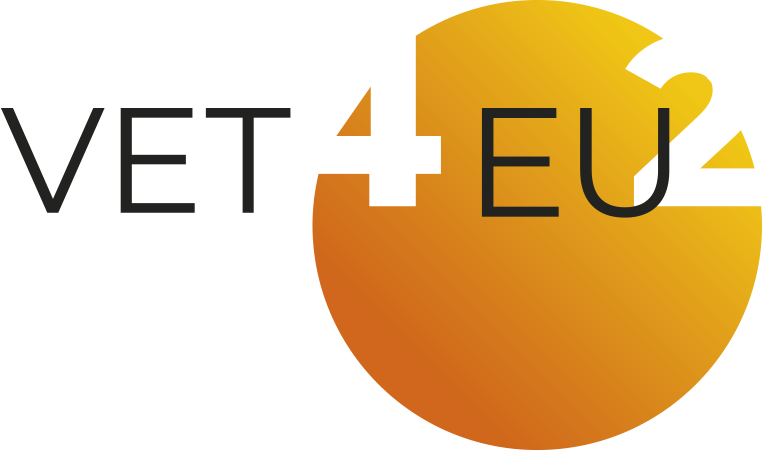
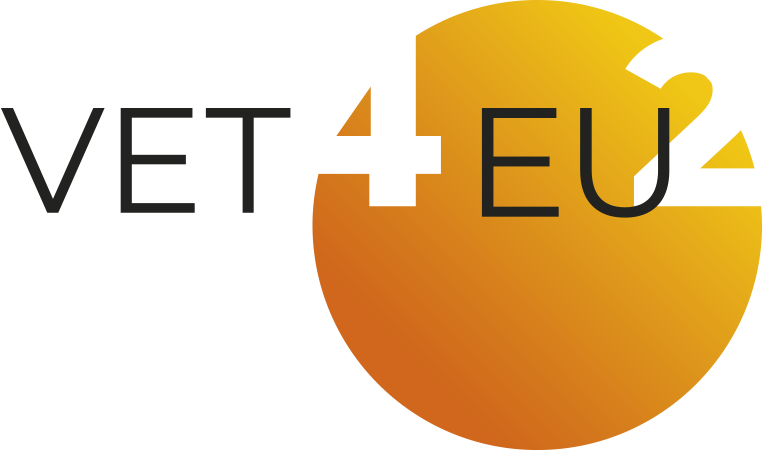

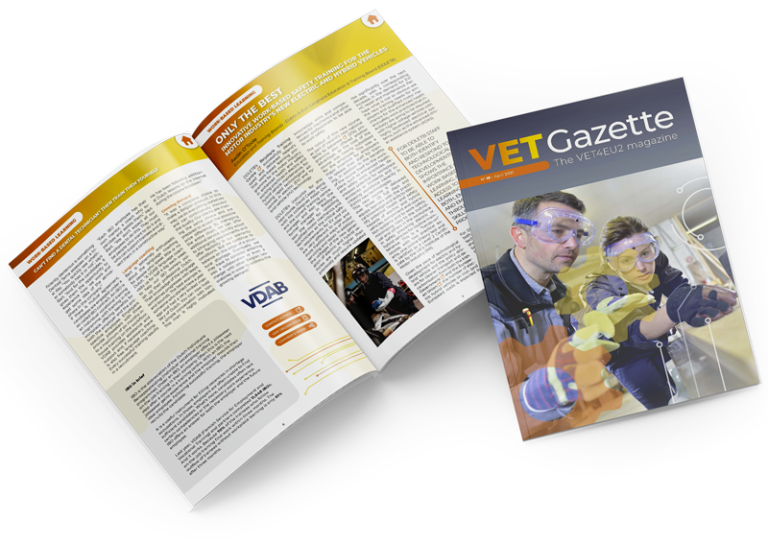
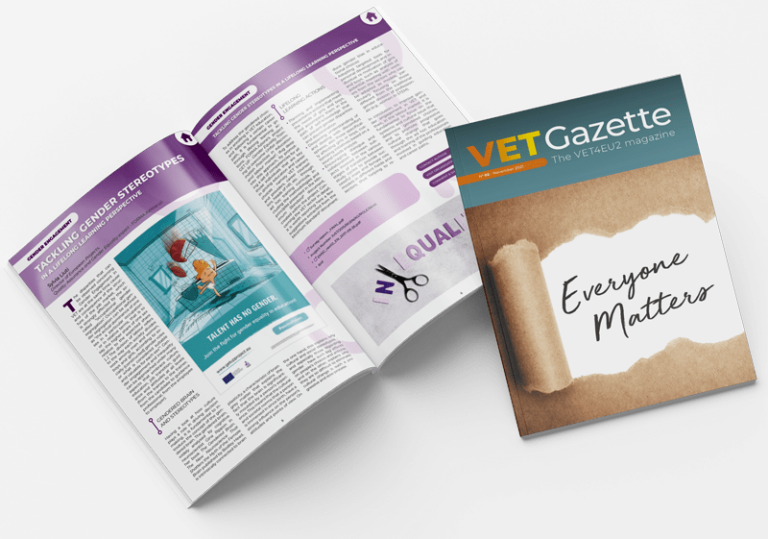
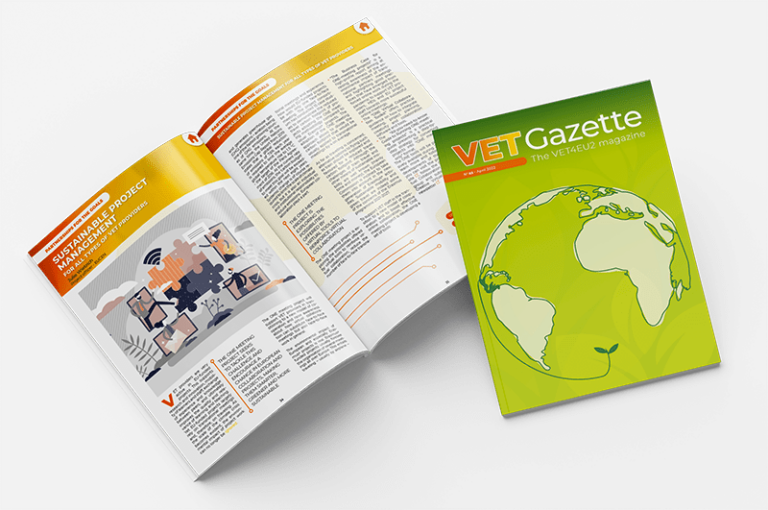
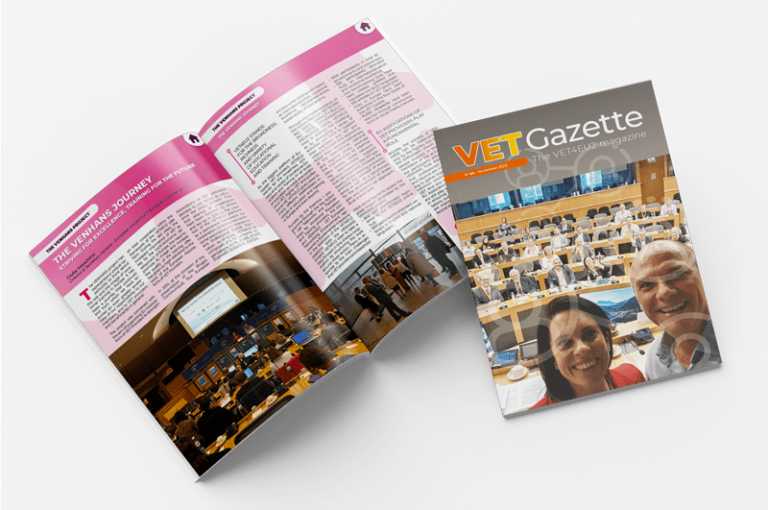

Responses